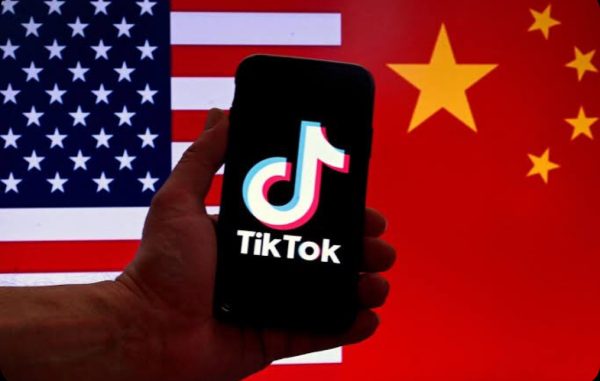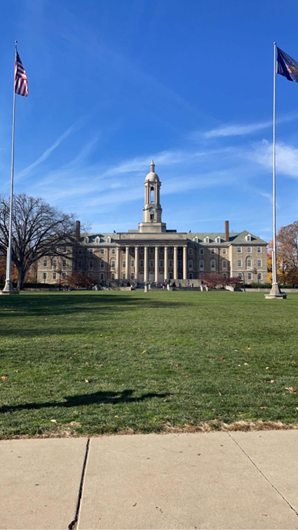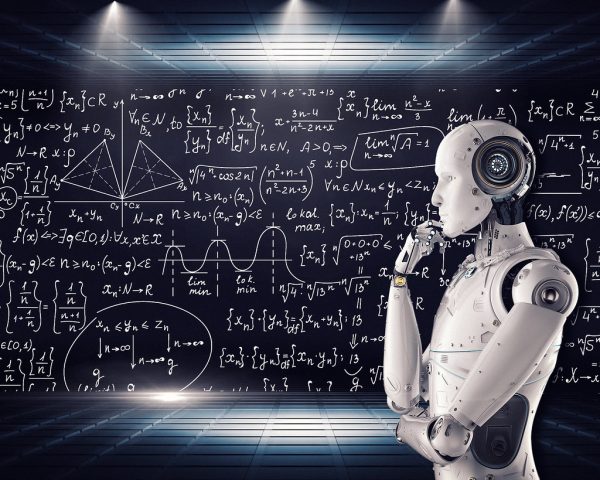George Washington Was Right — A Perspective On Political Parties
It’s not an insane rhetoric to express that the last four year’s political climate has been one of the craziest in US history. It seems that the diplomacy between our two major affiliated US political parties has nullified, instead being replaced by screaming matches on social media between two people with an undying stubbornness to their own world view. Why is it that some people use their party affiliation as if they were leading their party like a faction into a battle? Should we have a party system at all?
No, no we shouldn’t.
Surveys conducted in 2017 conclude that thirty-seven percent of voters registered under “Independent”, twenty-six percent of voters registered under “Republican”, and thirty-three percent of registered voters register under “Democrat”. When asked what parties the independents were leaning towards, fifty percent of voters answered “Democrat”, and forty-two percent answered “Republican”. This is a pretty well-balanced number of people for a democratic country like ours. So then why does it seem so radicalized? Why does the media push a point of view conveying radical behavior from both sides? Well, it’s from the rise of social media.
Take Twitter as an example. There are currently three-hundred thirty million active users registered on Twitter, where anyone can have any opinions broadcasted publicly, keyword; anyone. Obviously not all active users are located in the US, but a fairly large amount of people engage in political discourse, and things get heated. When you are given a potentially anonymous chance to argue with someone online about your own beliefs, that attracts people that will exploit this. The more exploitation, the more media coverage. The more media coverage, the more likely the narrative of modern political discourse gets painted in a bad light. When you give people the choice to join a group based on fundamental ideals, it’s inevitable that this kind of group will resemble a faction. Without the underlying understanding of a political party being an identification instead of battle-cry, it will always be an inevitability. And I’m not the first person to think this.
George Washington said in his farewell address dated September 17th, 1796, “However political parties may now and then answer popular ends, they are likely in the course of time and things, to become potent engines, by which cunning, ambitious, and unprincipled men will be enabled to subvert the power of the people and to usurp for themselves the reins of government, destroying afterwards the very engines which have lifted them to unjust dominion.”
From 1796 to English, he means that it’s an inevitability that without set parties, people would create their own parties, but the government should recognize the inherent danger of political parties. He argues that the fate of political parties will be their own greed for dominance in the political landscape. When you think about today’s climate, it almost seems that Washington was right centuries ago. He warned us, and if we don’t change something, we just might implode on ourselves.
Scott Bull, Grade 12. Scott is fond of forensics, internal affairs, and homeland security. He's pushing for a career path concerning these concepts. He's...









